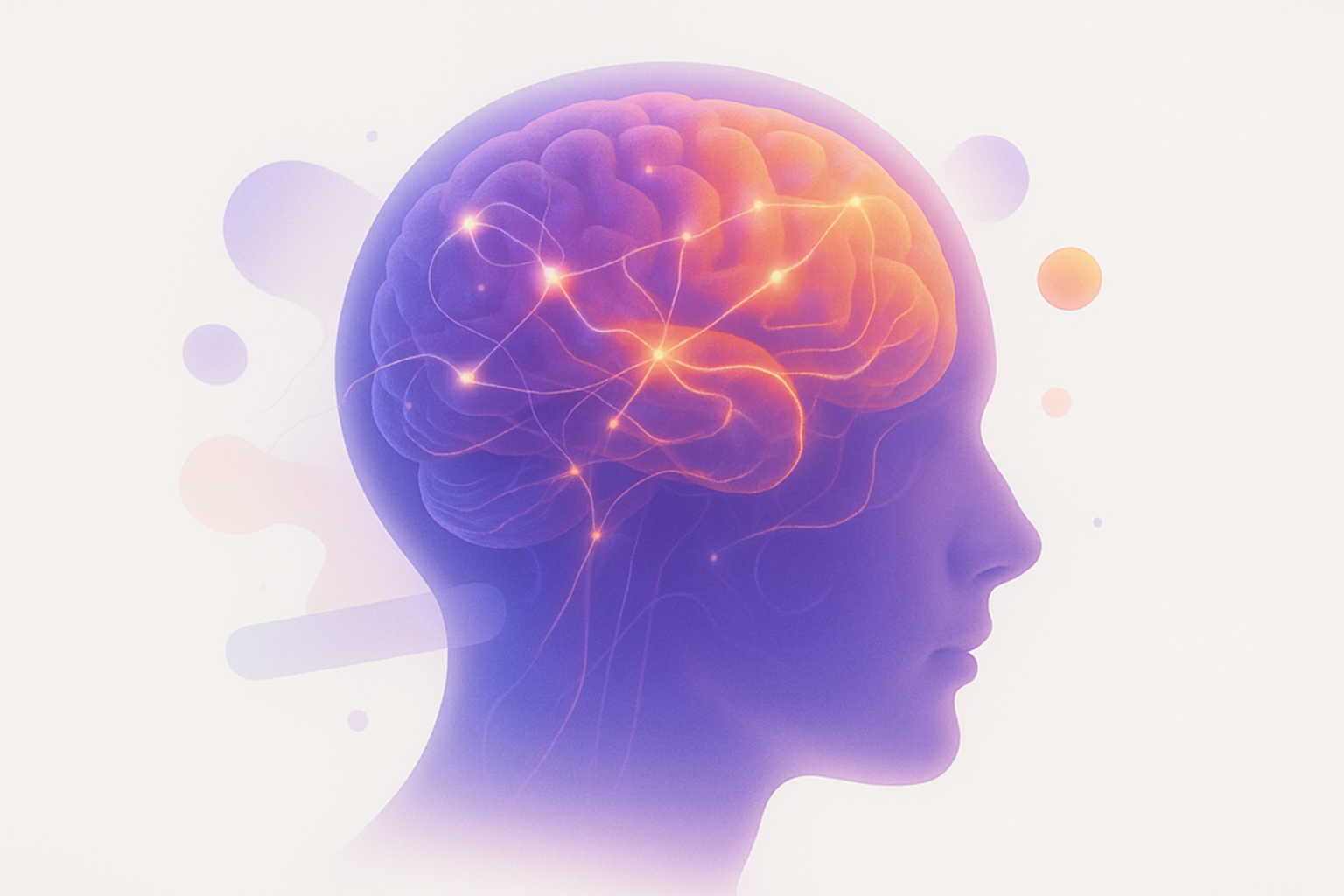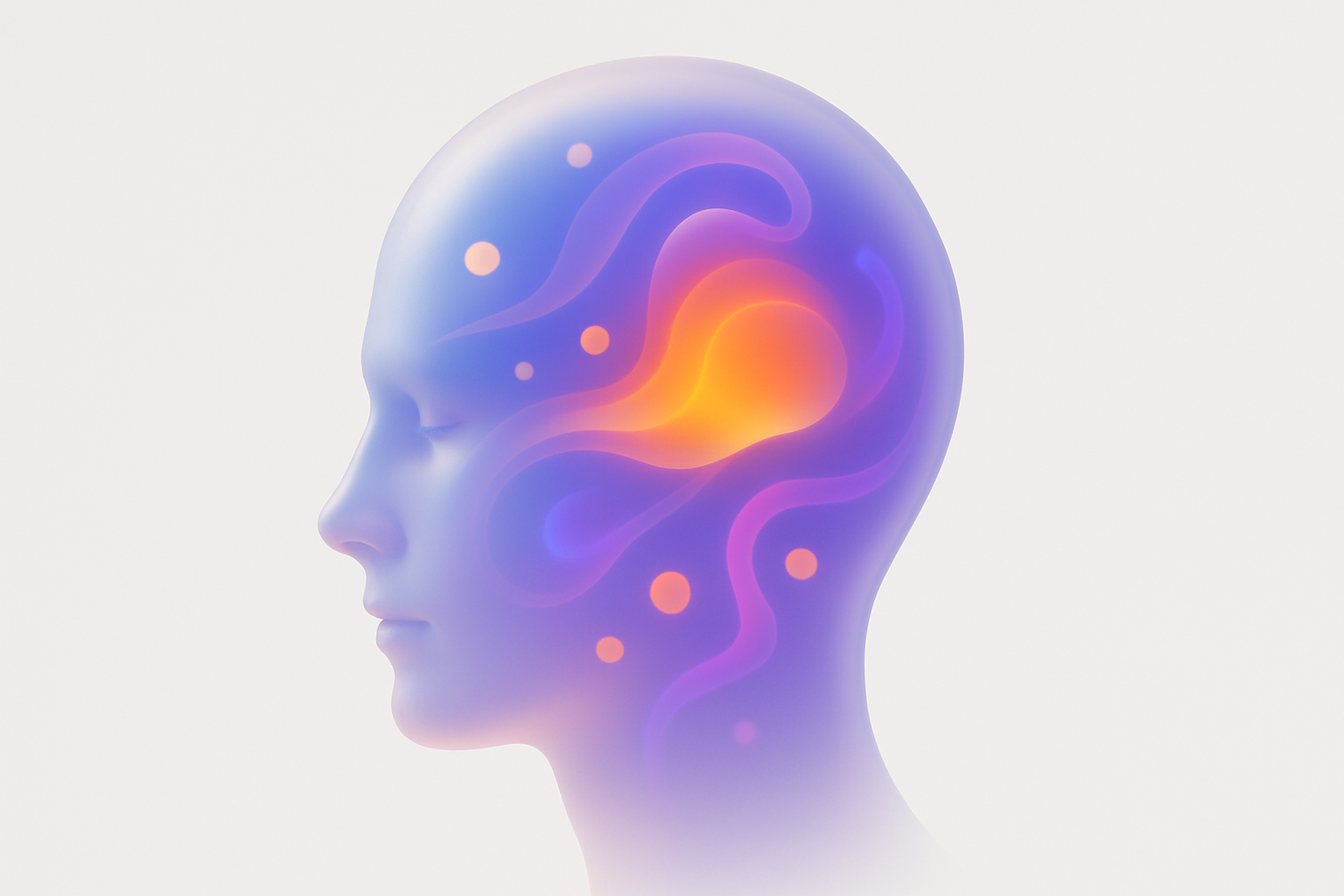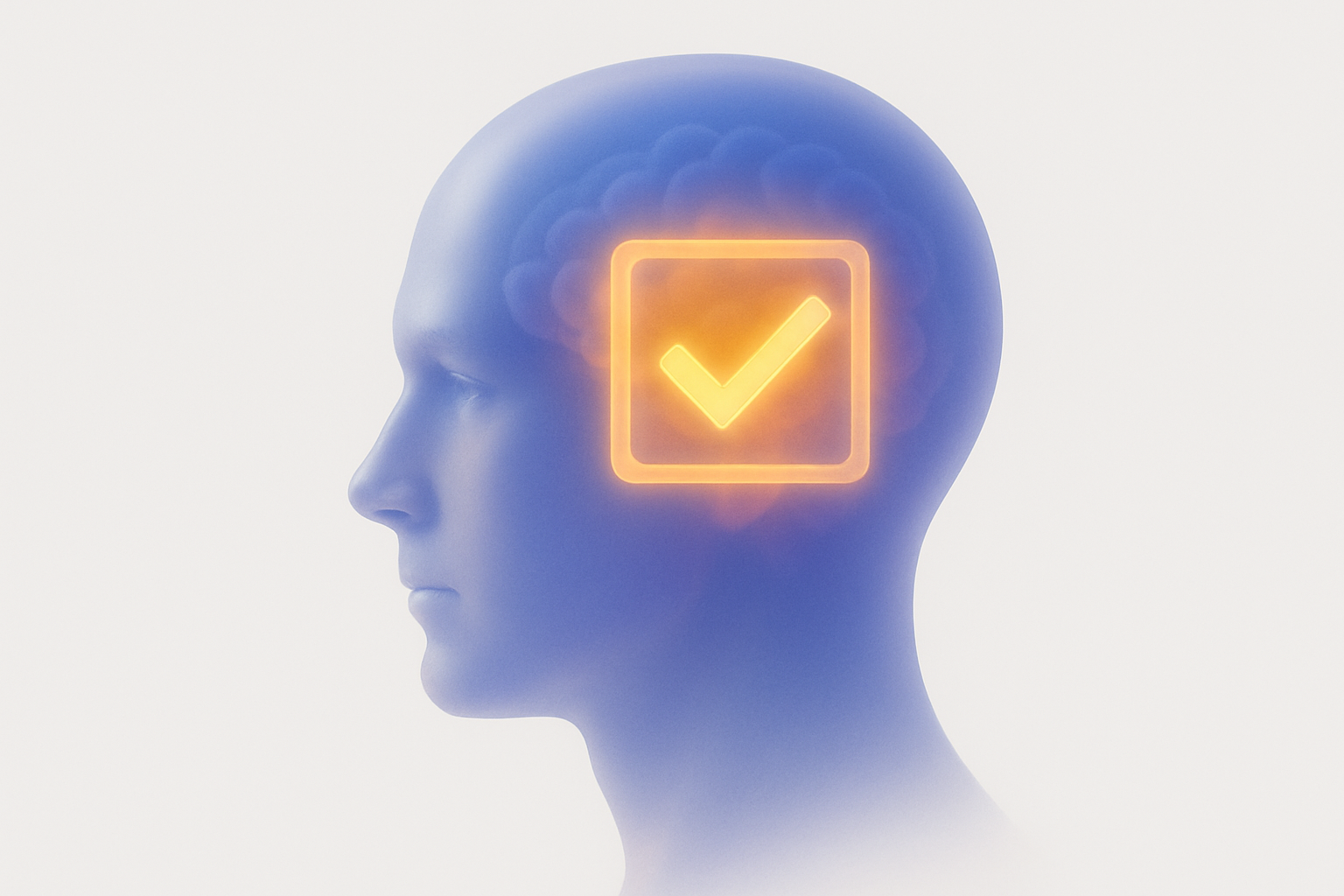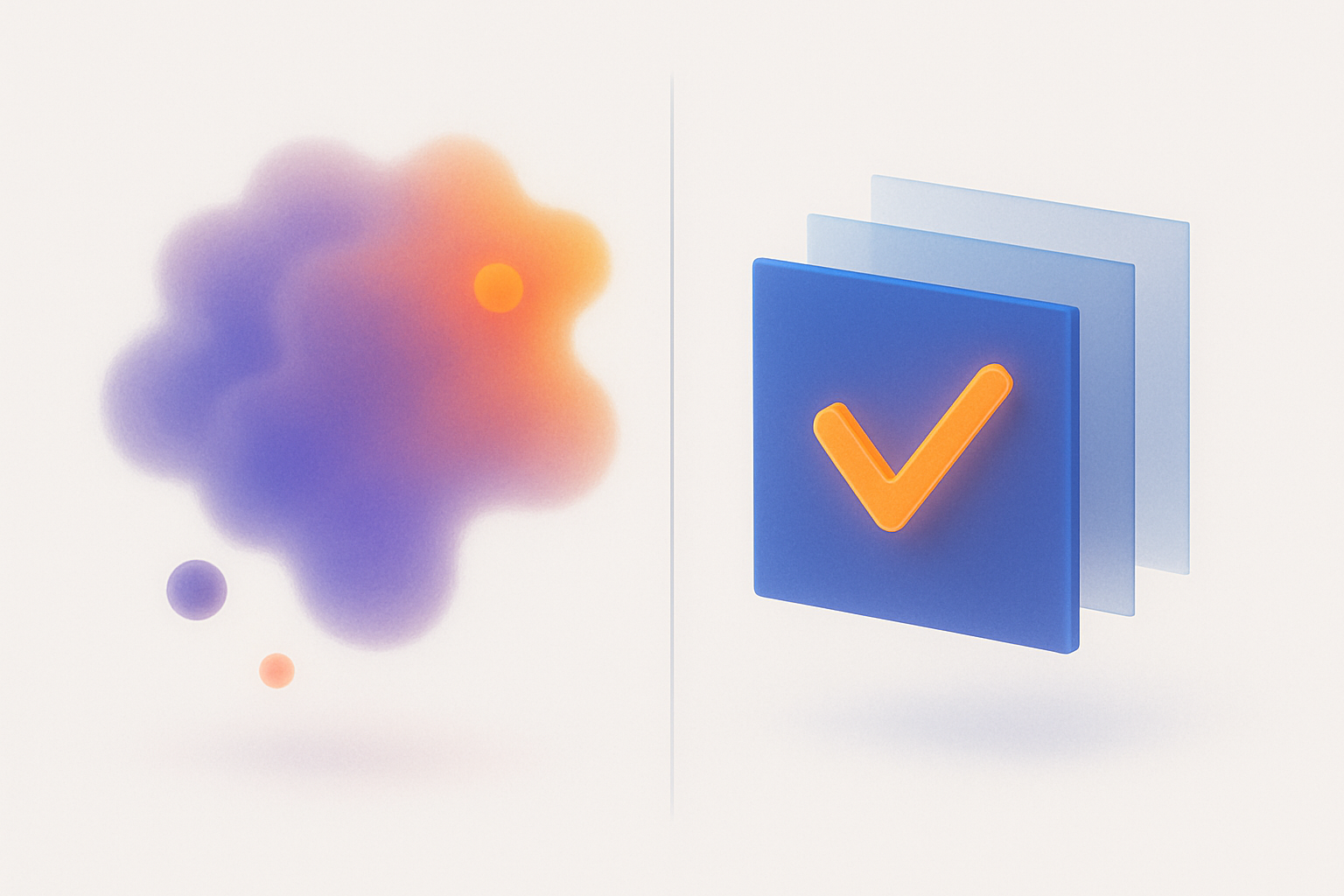Believing isn't Knowing
We're wired to believe, trained to know, and terrible at telling them apart. This confusion creates a world where certainty feels more valuable than accuracy, where comfort often trumps truth, and where the hardest skill is admitting what we don't know.

Germans have a good thought-provoking saying: "Glauben ist nicht Wissen" which translates to "Believing isn't Knowing". I really enjoyed the directness it has when I first heard it. But what does it really mean?
At first this might seem obvious to you! Of course belief and knowledge are different things. Yet in our daily lives, we often mix up the two, treating our beliefs as if they were established knowledge or facts and defend them with the same conviction and certainty.
This distinction between believing and knowing is not just pure semantic wordplay. It cuts to the core of how we understand the world, make decisions, and interact with others who hold different perspectives. The gap between what we believe and what we know shapes our personal worldviews, our social discourse, and even our societal structures.

What Does it Mean to Believe?
Let's talk about belief. What exactly happens when you say "I believe that..." something? At its core, believing is accepting something as true without necessarily having concrete proof. It's a mental stance we take toward an idea or proposition.
Belief: a state or habit of mind in which trust or confidence is placed in some person or thing - Merriam Webster
Think about it this way: when you believe something, you're essentially saying, "Based on what I've experienced, heard, or felt, I accept this as true." Pretty simple, right? Yet beliefs come in all shapes and sizes. Some are small and everyday: "I believe it'll rain tomorrow" or "I believe this restaurant has good food". Others are massive and life-defining: religious beliefs, political ideologies, or fundamental views about human nature.
How Beliefs Form
So how do we end up believing stuff? It's actually a fascinating mix of:
- Personal experiences: That time I got food poisoning from seafood? Might lead me to believe all seafood is risky. Or I might just have been allergic to seafood (unless otherwise diagnosed)
- Cultural programming: Growing up in a particular family, community, or culture fills our head with beliefs before we even realize it.
- Emotional comfort: Sometimes we believe things simply because they make us feel good, safe, or like the world makes sense.
- Social influence: We're social beings. When everyone around us believes something, it's really hard not to fall in line.
- Pattern recognition: Our brains are wired to spot patterns and make predictions, sometimes seeing connections that aren't really there.
The thing about beliefs is they often form without us consciously examining them. They sneak into our minds through the back door. Someone says something confidently, we hear it a few times, and suddenly we're believers without ever asking for evidence.
The Structure of Belief Systems
Beliefs don't exist in isolation, they hang out together in what we call belief systems. These are like mental frameworks where various beliefs support and reinforce each other.
Think of our belief system like a spider web. Every part is related to the others, creating this intricate and complicated network. Pull on one strand or part, and the whole thing shifts. That's why changing one core belief can sometimes cause a domino effect that reshapes your entire worldview.
But here's what's wild about belief systems: they're self-protecting. Once you've built up a network of beliefs, your brain works overtime to defend it. You'll naturally seek out information that confirms what you already believe (that's called a confirmation bias) and find ways to dismiss anything that challenges your views. The more fundamental the belief is, the stronger the domino effect.
This isn't because you're stubborn or close-minded, it's just how human brains work. Believing is actually the default setting for humans. It's cognitively efficient. It takes way less mental energy to believe than to constantly question everything.
And that brings us to a key insight: believing is easy! Really easy! You can believe something without putting in much work at all. Someone you trust says something, it seems reasonable, it makes you feel good, boom, you believe it. However, there's a flip side to this coin. The ease of believing means we accumulate all sorts of beliefs that might not be accurate. We believe things not because they're true, but because they're comfortable, convenient, or socially rewarded.
Why people maintain religious affiliations?
Religious belief and participation can certainly provide significant social rewards, which can be an important factor in why people maintain religious affiliations. Here are some examples of how being religious can be socially rewarding:
In childhood, religious involvement often provides:
- Immediate community and friendship connections through youth groups, Sunday school, or religious education classes
- Regular social gatherings and celebrations tied to religious holidays and events
- Structured activities and mentorship relationships with trusted adults outside the family
- A sense of belonging and shared identity with peers who have similar values and practices
In adulthood, religious participation frequently offers:
- Built-in social networks when moving to new areas (a new church/mosque/temple provides instant community)
- Support systems during major life transitions like marriage, parenthood, or bereavement
- Opportunities for leadership and meaningful volunteer work that's recognized by the community
- Regular rituals and gatherings that combat isolation and loneliness
- Cross-generational relationships that might otherwise be difficult to form in modern society

What Does it Mean to Know?
So we've talked about believing. Now let's address the more challenging question: what does it mean to actually know something?
This is where things get interesting. Philosophers have been arguing about the definition of knowledge for thousands of years (seriously, since Ancient Greece), but the most widely accepted view is that knowledge is "justified true belief." Let's break that down in plain English:
- It's something you believe (check!)
- It's actually true (not just in your head, but in reality)
- You have good, solid reasons for believing it (justification)
See how knowing is like believing, but with extra steps? That's the key difference. When you know something, you can point to evidence, reasoning, or reliable methods that back it up. You're not just saying "trust me on this" or "it feels right to me." You're saying, "Here's why this checks out, and here's how you could verify it too."
How Knowledge Forms
Unlike beliefs, which can form passively and unconsciously, knowledge typically requires active work. Here's what goes into building knowledge:
- Evidence gathering: Collecting facts, data, observations, or experiences that relate to what you're trying to understand.
- Critical thinking: Analyzing that evidence, looking for flaws in reasoning, considering alternative explanations.
- Testing and verification: Checking if your understanding holds up in different situations or when challenged.
- Peer review: Having others examine your reasoning and evidence to catch any biases or mistakes you might have missed.
- Revision: Being willing to update what you think you know when new evidence emerges.
This process isn't a one-time thing, it's ongoing. Real knowledge involves constantly checking and rechecking our understanding against reality.
Think about how scientists know things. They don't just say, "I've got a feeling about how gravity works." They develop theories, test them with experiments, invite others to poke holes in their ideas, and adjust their understanding when the evidence demands it.
Science isn't just another belief system, it's our best tool for turning beliefs into knowledge.
Science is basically humanity's most successful method for moving stuff from the "I believe" column to the "I know" column.
The Structure of Knowledge
While belief systems can be pretty flexible and personal, knowledge tends to be more structured and connected to reality in verifiable ways.
Picture knowledge like building a house. You need a solid foundation of basic facts and principles. Then you construct walls of reasoning and evidence. Each new piece of knowledge has to fit with the existing structure or you need to rebuild parts of the house.
Knowledge also has built-in quality control mechanisms too:
- Consistency: If two pieces of knowledge contradict each other, at least one must be wrong.
- Explanatory power: Good knowledge helps explain other things we observe.
- Predictive ability: Real knowledge lets us make accurate predictions about what will happen.
- Practicality: Knowledge typically works when applied in the real world.
The cool thing about knowledge is that it's cumulative and collaborative. Unlike personal beliefs, which can vary wildly from person to person, knowledge builds on itself across time and cultures. That's how we've gone from thinking the earth is flat to landing robots on Mars.
But the reality is knowing is hard work. Really hard. It takes intellectual honesty, time, effort, and a willingness to be wrong. It means fighting against our natural tendency to believe what's comfortable or convenient and that's why most of what we think we "know" might actually just be things we believe!

What's the Real Difference?
Let's get right to the heart of it: believing and knowing aren't just slightly different, they're fundamentally different approaches to understanding the world.
The beautiful thing about beliefs is that you're completely free to believe whatever you want. No one can stop you from believing the Earth is flat, that your favorite sports team is the best despite their awful record, or that eating carrots gives you night vision. Beliefs don't need permission or verification. They just need you to accept them.
Knowledge on the other hand, has constraints. It's bound by reality, by evidence, by logic. You don't get to "know" whatever you feel like knowing. You have to earn knowledge through observation, testing, and rational analysis and if necessary, peer reviews. Knowledge has to conform and adhere to what's actually true, not what you want to be true.
So, just to a bit summarize the differences:
| Believing | Knowing |
|---|---|
| "This feels true to me" | "I can demonstrate why this is true" |
| Often formed passively | Requires active effort |
| Can vary widely between people | Tends to converge across different people |
| Comfortable with contradictions | Requires consistency |
| Can ignore contrary evidence | Must account for all evidence |
| Based on trust, intuition, tradition | Based on verification, testing, reasoning |
| Can form instantly | Develops gradually |
| Provides certainty and comfort | Often includes uncertainty and nuance |
When Opinion Disguises Itself as Truth
Here's where things get tricky in real life. Most of us walk around saying "I know" when what we really mean is "I strongly believe."
- "I know the stock market will go up next year."
- "I know my kid is the smartest in her class."
- "I know [political figure] is corrupt/honest."
But do we really know these things? or do we just believe them? Could we demonstrate them to someone who disagrees with us using evidence they'd accept?
The problem isn't having beliefs, we all have them and need them. The problem is when we confuse our beliefs for knowledge. When we do this, we close ourselves off from learning, from growth, from reality itself.
The Freedom Paradox
There's a fascinating paradox here. Believing gives you freedom of choice, you can believe anything. But that freedom can become a mental prison if you're not careful. When you insist on believing something despite mounting evidence to the contrary, you trap yourself in a worldview that just can't evolve.
True knowledge, while more constrained and limited by reality, actually frees you in a deeper way. It connects you with how things really work. It gives you power to predict, to understand, to solve problems effectively.
But to be honest most of us prefer believing to knowing. Believing is comfortable. It requires less work. It lets us maintain our sense of certainty.
Final Word
So where does this leave us? With the understanding that both believing and knowing have their place in human life.
The key is being honest with ourselves and others about which is which.
There's nothing wrong with saying "I believe this, but I don't know it for certain." That's not weakness, it's actually intellectual honesty. It leaves the door open for growth, for connection with people who believe differently, and for a relationship with reality that can evolve as we learn more.
Perhaps the wisest approach is to hold our beliefs a little more lightly and to work a little harder at knowing what can be known.
Because as that German saying reminds us: believing isn't knowing. But maybe the most important knowledge of all is understanding the difference, and understanding each other.

Comments